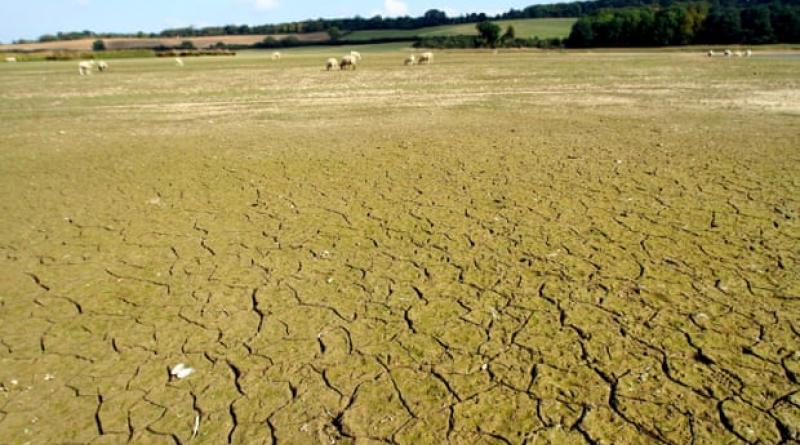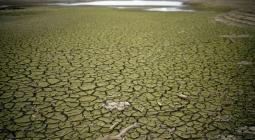England could face droughts in 20 years due to climate breakdown - report.

Auditor general predicts drought in 20 years as demand rises and climate crisis reduces supply.
England is in danger of experiencing droughts within 20 years unless action is taken to combat the impact of the climate crisis on water availability, the public spending watchdog says.
The National Audit Office (NAO), in a report published on Wednesday, says some parts of England, especially the south-east, are at risk of running out of water owing to decreased rainfall and a need to cut the amount taken from natural waterways.
Water companies will have to reduce the quantity of water they take out of rivers, lakes and the ground by more than 1bn litres a day, creating huge shortfalls in the coming decades, the NAO warned.
Parliament’s auditor predicted that 4bn litres of additional water supply would be needed each day by 2050 to counter the growing risk of drought from the climate emergency.
The total supply is forecast to drop by 7% by 2045 because of the climate crisis and the need to scale back the amount of water taken out of England’s waterways and soils.
The amount removed will need to be slashed by almost 500m litres a day to ensure sustainable biodiversity can continue, while drier weather is expected to see a 600m litre daily reduction in rainfall.
According to NAO figures, the daily demand for water in England and Wales is 14bn litres, with the equivalent of 3bn litres of that lost through leakage. People on average use 143 litres of water every 24 hours.
Gareth Davies, comptroller and auditor general of the NAO, criticised ministers in his report for failing to lead on the issue of water sustainability. He said personal water consumption had risen every year for the past five years.
He called on the Department for Food, Environment and Rural Affairs (Defra) to co-ordinate a national approach to encouraging consumers and public bodies to reduce their water usage in an attempt to avoid water shortages in the coming decades.
He said: “The government has made limited progress on reducing water consumption, tackling leakage and sharing water resources between regions in the last five years, but rapid progress is now vital for the government to deliver its objective of a resilient water supply.
“Defra needs to provide stronger leadership to water companies, regulators and consumers.”
The report said during the past five years water companies had made little or no progress in reducing water consumption and cutting leakage.
The NAO urged the government to monitor progress on the water suppliers’ pledge to reduce leaks by at least 15% by 2025.
The report said ministers in 2018 committed to announcing a personal water consumption target but had yet to follow through on the promise.
The NAO said it wanted Defra to promote a “more coherent and credible message” about water efficiency and develop a plan to evaluate its impact, with Whitehall leading on getting the message to consumers that they needed to save water.
Defra should work with other government departments to reduce water consumption by large public sector users, such as hospitals and schools. The NAO said Defra should also better understand how willing the public were to pay higher water bills in order to improve water infrastructure.
The regulator Ofwat and the Environment Agency should also have a role to play in regularly reviewing water companies’ progress on reducing consumption and leakage, the report recommended.
25 March 2020
The Guardian




